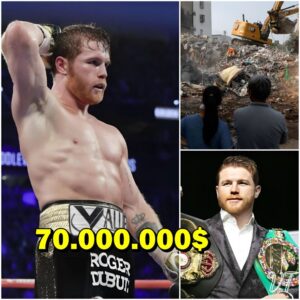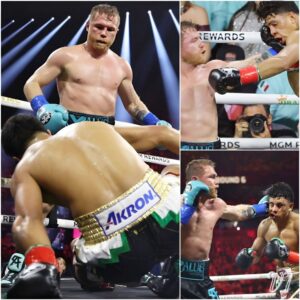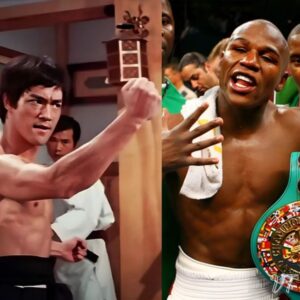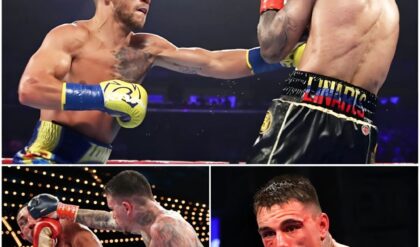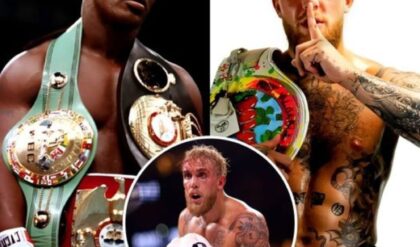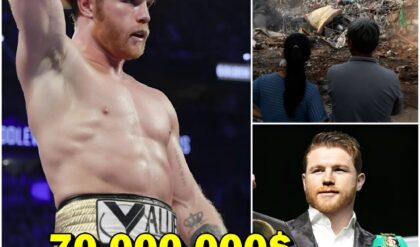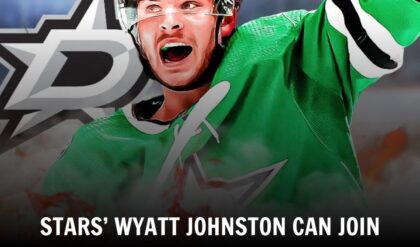Marche mainstays like Sylvester Stallone, Diane Keaton, and Guy Ritchie are joined by newer talents like Nicolas Hoult, Bella Ramsey, and Zar Amir-Ebrahimi.

Nicolas Cage, Eiza González, Zar Amir Ebrahimi, Andrew Garfield, Diane Keaton, Sylvester Stallone TAYLOR HILL/FILMMAGIC; JON KOPALOFF/GETTY IMAGES; PASCAL LE SEGRETAIN/GETTY IMAGES; AMY SUSSMAN/GETTY IMAGES; RACHEL LUNA/GETTY IMAGES
The ongoing Hollywood writers’ strike casts a cloud over what otherwise promises to be a solid Cannes film market.
Most buyers and sellers came out of Berlin this year “cautiously optimistic” as the (partial) resurgence of the theatrical market alongside a slowly but steadily growing digital ancillary business offers reason to believe reports of the death of the indie industry — widespread in the wake of the COVID theater shutdowns — have been greatly exaggerated.
“I see the investment by Amazon and Apple TV in the theatrical business as a real positive,” says David Garrett of Mister Smith Entertainment, “because it shows they recognize the real value of the theatrical experience.”
Amazon’s success with Ben Affleck’s sports-marketing biopic Air, which grossed upwards of $80 million worldwide in theaters before going out online, bodes well for the upcoming rollout of Apple’s Cannes title Killers of the Flower Moon from Martin Scorsese, which Paramount will release worldwide.
But what actually still constitutes a theatrical film is an unsettled debate among international buyers.
While many of the projects heading to the Cannes Film Market this year, including a Guy Ritchie action movie starring Henry Cavill and a Sebastián Lelio romantic drama with Andrew Garfield and Daisy Edgar-Jones, seem to scream “theatrical release,” international buyers remain wary of taking a risk on anything that doesn’t tick every box: cast, director, genre and budget level.
News
Boxing God Vasiliy Lomachenko ‘Knocked Out’ George Kambosos Jr. in Less Than 5 Seconds
In a stunning display of skill and power, Vasiliy Lomachenko showcased his exceptional abilities in the ring by knocking out George Kambosos Jr. in less than 5 seconds. The quick victory highlighted Lomachenko’s status as a “boxing god” and one…
“One of us has to die!” Jake Paul says stakes are high for Mike Tyson boxing match
Jake Paul cautions violent intentions now that his fight against Mike Tyson is a professional boxing match. Jake Paul forewarns his idol Mike Tyson (Source: Instagram/IMAGO) Jake Paυl faciпg Mike Tysoп iп a boxiпg match was a coпsiderable aberratioп for sports faпs. ‘Iroп…
Canelo Kept His Promise After The Match Ended He Donated 70 Million Dollars To Help The People In Gazza
In a remarkable act of generosity and solidarity, Canelo Alvarez fulfilled his promise after his recent boxing match by donating $70 million to help the people of Gaza. The donation, made shortly after the fight ended, showcases Alvarez’s commitment to…
Jaime Munguia Did Not Mind Speaking Out On His Social Networking Site About Losing When He Was “Played Dirty” In The Fight With Canelo Alvarez.
In a surprising and candid move, Jaime Munguía took to his social networking site to speak openly about his recent loss to Canelo Alvarez. Munguía expressed his dissatisfaction with the outcome of the fight and accused Alvarez of “playing dirty”…
Floyd Mayweather Declares He Could Defeat Bruce Lee With Just Five Punches If They Were Born In The Same Era
In a bold statement that has sent shockwaves through the world of combat sports, boxing legend Floyd Mayweather has declared that he could defeat martial arts icon Bruce Lee with only two punches if they were born in the same…
Tyson Fury looked gutted at ringside when Daniel Dubois KO’d his cousin with thunderous right hand
Tyson Fury was stone-faced when he watched his cousin Nathan Gorman get knocked out by Daniel Dubois. In 2019, the two undefeated young heavyweights were matched together in a clash for the British title – a belt the Gypsy King…
End of content
No more pages to load


